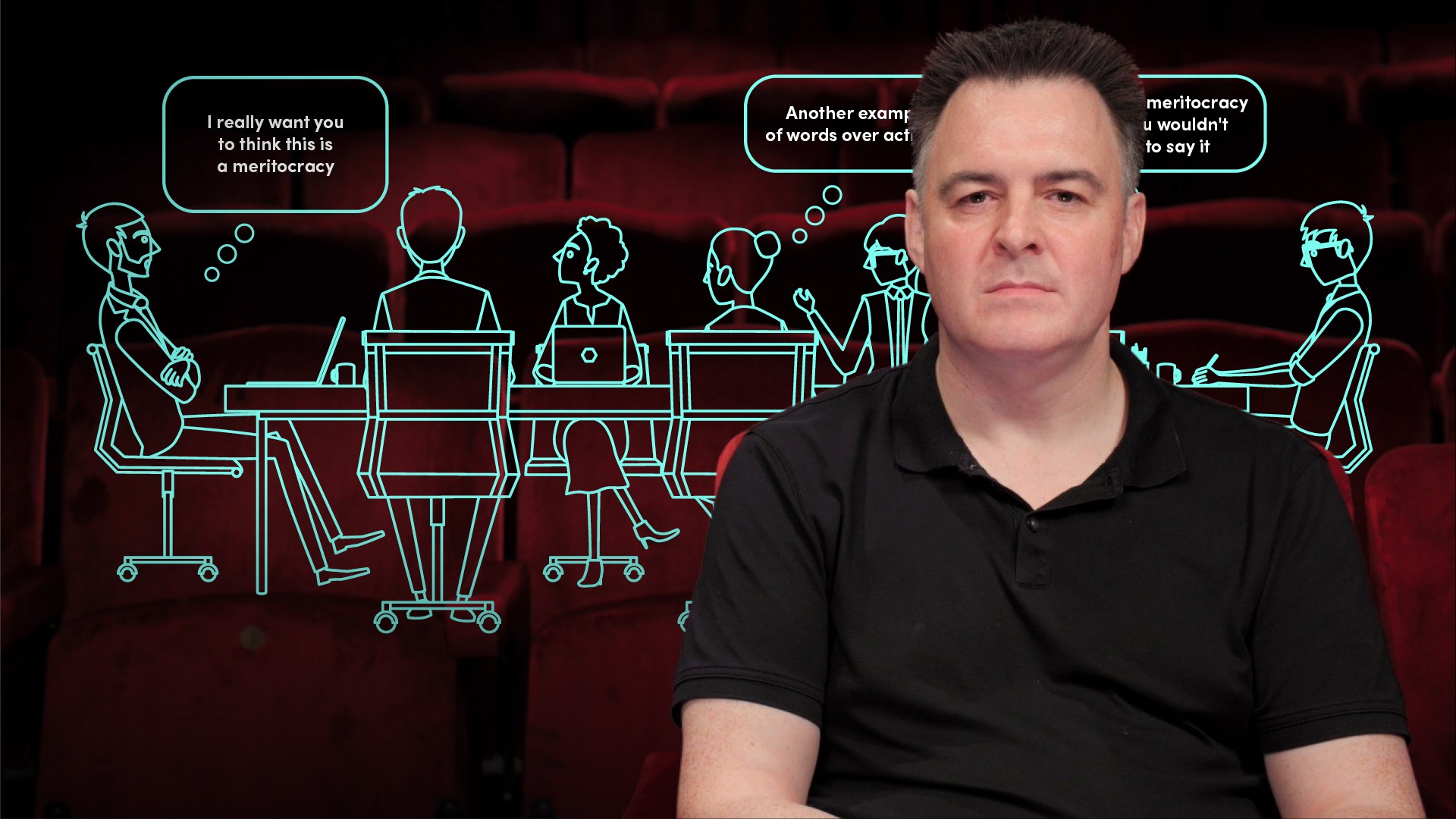
Diversity for the Collective Good

Christian Hunt
25 years: Behavioural science & compliance
In this video, Christian explains why diversity matters and what are the obstacles to make diversity happen.
In this video, Christian explains why diversity matters and what are the obstacles to make diversity happen.

Diversity for the Collective Good
16 mins 18 secs
Key learning objectives:
What can we learn from bees to be more effective as a species?
How do tribal instincts hinder us in the workplace?
Why is diversity difficult to achieve in the workplace?
Overview:
If diversity was easy, we'd all be doing it. Unfortunately, we fall into cognitive and behavioural traps that make it harder for us to overcome our collective problems. In the final video of this two-parter, Christian delves into what we can learn from bees about diversity, the cognitive side of diversity, and the stumbling blocks that hinder us from achieving progress.
What can we learn from bees to be more effective as a species?
According to Rory Sutherland, the majority of bees work together to sustain the hive. However, there are a few 'rebel' bees, which display unhelpful tendencies. These bees explore for pollen at random, trying to seek nectar from new sources. These journeys are individually wasteful, but occasionally strike gold. Although inefficient from an outsider's perspective, this diversity ensures that the hive does not end up starving. We can draw parallels from this balancing act to how our species can be more effective.
How do tribal instincts hinder us in the workplace?
In the workplace, we tend to collaborate via consensus - but consensus is a tribal trait. Most of the time, dissent is drowned out by seniority or loud minorities. As a result, people might never air their diverse opinions. These tribal tendencies feel good at first but risk producing bad workplaces dynamics - such as groupthink and wilful blindness.
Why is diversity difficult to achieve in the workplace?
Diversity is often stamped out in the recruiting stage, before it even has a chance. Companies hire from the same pools of people by using excuses such as “We won’t be able to find anyone who has the right skills” - ignoring that you'll never find them if you're always looking in the same place. Likewise, “They won’t fit in here” is another trap - you end up excluding those with alternative perspectives. By creating requirements that are tailor-made for a very specific type of person, you risk turning away diverse candidates - or worse, actively driving them away. Hiring from the same pool of people is great for creating consensus but not for generating new, fresh ideas.
What questions can we ask ourselves to test our commitment to diversity?
- When was the last time you changed your mind on something significant?
- When did you last seek out an opposing argument to what you’d normally believe?
- When did you last ask someone more junior than you, for their genuine opinion on something important?

Christian Hunt
There are no available Videos from "Christian Hunt"

